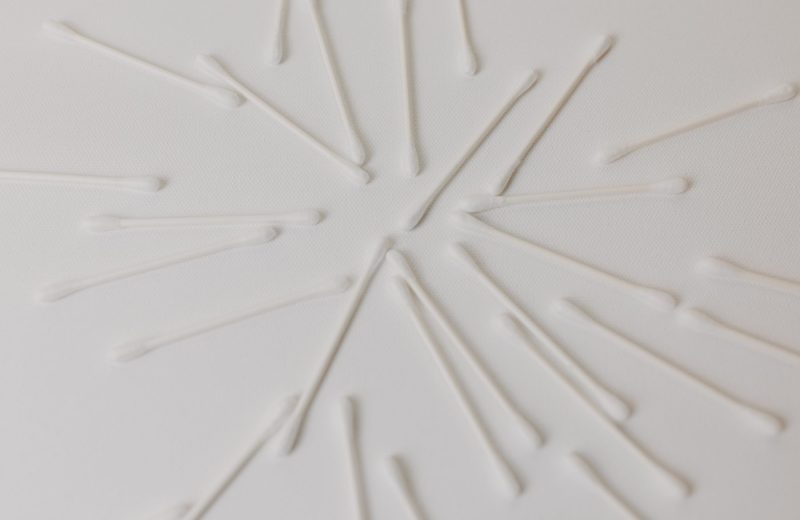Queensland, South Australia and Western Australia have implemented their latest rounds of plastic bans on September 1.
Queensland, South Australia, and Western Australia will implement their latest rounds of plastic bans today, and the National Retail Association is encouraging retailers and their suppliers to check that they understand the new regulations.
The National Retail Association’s Director of Policy, David Stout, said retailers are highly supportive of implementing more sustainable practices, but often need support to understand and implement the changes.
“Our team provides a range of support services, such as a tollfree hotline, free information sessions and thousands of store visits, for businesses needing help to understand the varying bans across different states and territories,” Mr Stout said.
“Last year we engaged with more than 100,000 retailers, suppliers, peak bodies, community groups, charities and other stakeholders across Australia to provide resources and advice on single-use plastic bans.”
Here is a summary of the bans set to be enforced in these three states:
Queensland
The latest ban is part of the Queensland Government’s five-year single-use plastics roadmap.
The September 1 plastic ban in Queensland will apply to cotton buds with plastic stems, expanded polystyrene (EPS) loose-fill packaging, plastic microbeads in rinseable personal care and cleaning products, and balloon releases. The ban also includes plastic shopping bags that do not meet the two new additional requirements of 80% verified recycled content and pass reusability tests for 125 uses.
The National Retail Association offers a variety of resources and support to businesses, which includes a toll-free helpline at 1800 844 946, an exclusive email service reachable at sustainability@nationalretail.org.au, a dedicated business for QLD Plastics Ban, free online information sessions, and we have additionally conducted visits to more than 2000 stores throughout Queensland to provide valuable information and resources.
We understand that some businesses may experience short-term challenges in their transition to comply with the ban, such as delays in deliveries or testing. To assist businesses further, the Association is offering a Transition Support Program. This program offers additional support and can provide a time-limited pause on enforcement action for businesses experiencing genuine challenges, provided they demonstrate a clear plan and commitment to achieving compliance. To be eligible for this program, businesses must fulfil specific supply and reporting obligations.
MORE INFORMATION HEREIn addition to the round of single-use plastic bans, the Queensland Government has announced that they will expand the Containers for Change program, with eligible drink containers to include wine and spirit bottles from November 1, 2023.
South Australia
The September 1 plastic ban in South Australia will apply to single-use plastic bowls (designed not to have a lid), single-use plastic plates, cotton buds with plastic stems and plastic pizza savers. There is an exemption for plastic-lined paper plates and bowls until November 2024. The government has also recently published further guidance on determining whether items are deemed reusable.
Further bans are planned in 2024 and 2025. Businesses seeking information about the new rules can visit the below link.
LEARN MORE
Western Australia
The latest ban is part of the Western Australian Government’s regulations to phase-out more single-use plastic items in 4 stages over the next 3 years.
The 1 September 2023 ban in Western Australia will apply to degradable plastic, cotton buds with plastic shafts, microbeads, Expanded Polystyrene (EPS) cups and EPS trays for meat and seafood, and loose fill expanded plastic packaging. This also includes all expanded plastic equivalents eg. EPE, EPP and foamed bioplastic.
The 1 March 2024 ban in Western Australia will apply to disposable plastic coffee cups (excluding AU-certified lined paper cups), cup lids and seals (hot and cold drinks), plastic trays for takeaway food, and produce bags for fresh fruit and vegetables, including compostable plastic produce bags.
The 1 September 2024 ban in Western Australia will apply to disposable plastic food containers, trays, and bowls as well as lids for these items when supplied for takeaway or eat-in food (there is a limited exclusion that allows plastic lids/windows for takeaway food that is pre-packed and placed on display for sale).
The 1 July 2025 ban in Western Australia will apply to moulded expanded plastic packaging (this includes all expanded plastic equivalents).
The Association provides a variety of support and resources for businesses. This includes a toll-free hotline on 1800 817 723 and a dedicated email service at sustainability@nationalretail.org.au for inquiries.
Businesses can also access a dedicated website Plastics Ban WA tailored to their needs. Additionally, there are free online information sessions available for registration. To further assist retailers, a collection of informative factsheets, posters, and point-of-sale materials is offered.
In addition, the Association is actively engaged in reaching out to more than 300 shopping centres and precincts across WA. This involves distributing printed materials and offering personalised guidance to as many retailers as possible, aiming to provide practical assistance and advice.
Mr Stout encouraged both businesses and customers to understand the details of each ban and to be patient while we all adjust to the changes.
“As with any regulatory change, we understand that some businesses may experience short-term challenges with the new rules, and we encourage businesses to reach out to us if they need further advice.” said Mr Stout.
Businesses can join the National Retail Association’s free online information sessions held every Friday. You are able to register here or call our tollfree hotline 1800 844 946 for advice.
To access additional information about the plastic bans in both Australia and New Zealand, click on the provided link below.
Learn More
